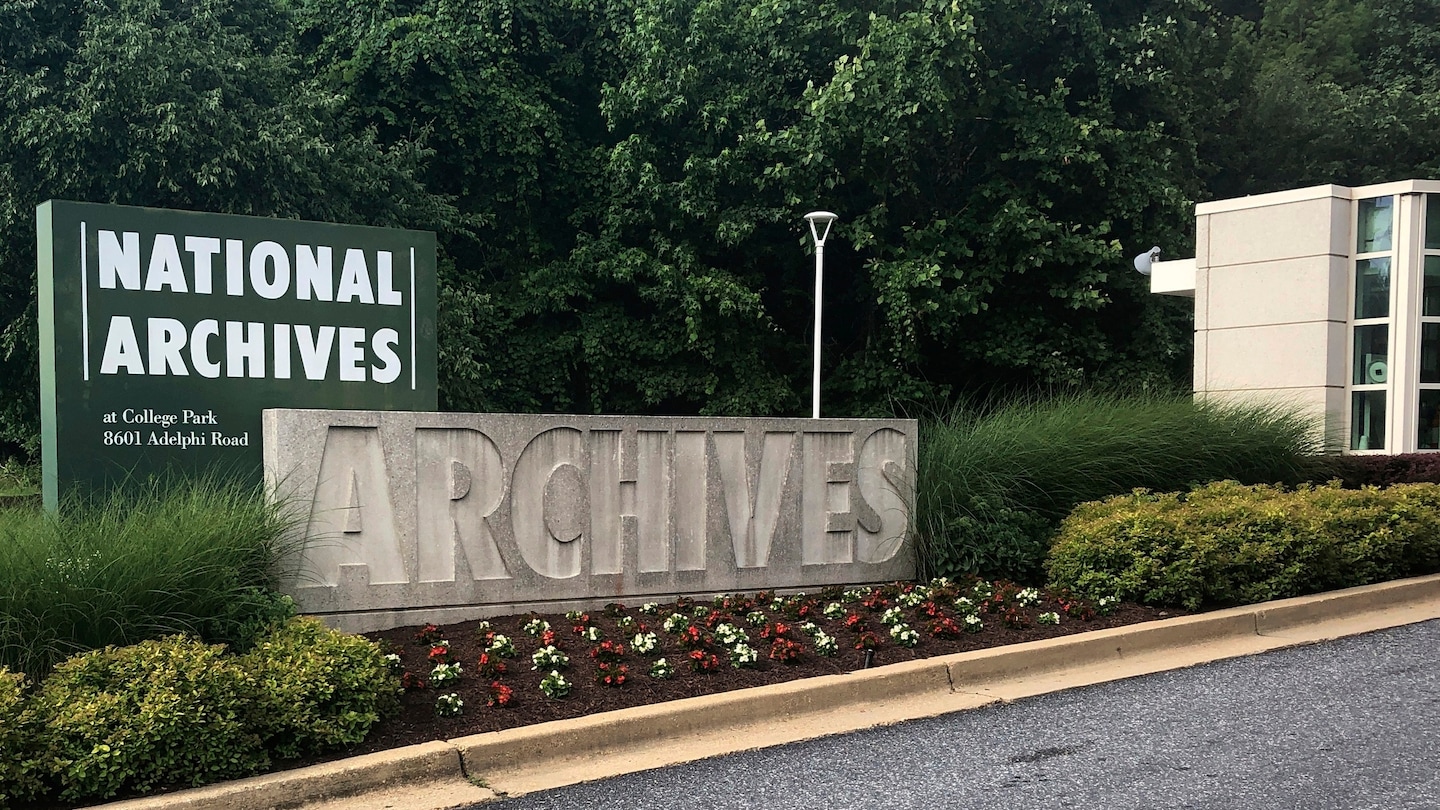Trump’s unusually lawyerly response to allegations of destroying documents

This tactic seems to stem from Trump’s “deny, deny, deny, hit back 10 times harder” philosophy that former Trump consultant Sam Nunberg has described.
Which is what makes Trump’s reaction to reporting that he violated the Presidential Records Act by destroying official documents and taking others with him to Florida so interesting. He’s not accepting wrongdoing — far from it. But in a statement, he’s characterizing the whole thing as a big misunderstanding and trying to appear collaborative rather than combative. Here’s part of what he said:
“Following collaborative and respectful discussions, the National Archives and Records Administration (NARA) openly and willingly arranged with President Trump for the transport of boxes that contained letters, records, newspapers, magazines, and various articles. Some of this information will someday be displayed in the Donald J. Trump Presidential Library for the public to view my Administration’s incredible accomplishments for the American People.”
It suggests that legal experts have gotten in Trump’s ear and said this is something he needs to take seriously, rather than launch his usual political bombs.
Trump doesn’t directly address reporting that he constantly ripped up papers while in the White House, even after White House officials told him that he was probably violating federal law by doing so.
The law, which Congress passed after the Richard Nixon era, says that the White House must preserve all historically relevant material and hand it over to the National Archives when the administration leaves office. That agency makes many of these documents publicly available 12 years after the president’s term ends.
Instead, Trump is addressing two other recent stories:
- The Washington Post reported this week that National Archives officials had to go to Florida and recover 15 boxes worth of documents, emails and mementos that it said belong to the archives and that the president shouldn’t have taken out of the White House.
- That White House staff occasionally found paper clogging a toilet in the White House residence and believed that Trump had tried to flush it down, according to reporting from New York Times reporter Maggie Haberman’s book.
Trump is more direct and fiery in his response on the second accusation, calling it “fake news” and vaguely blaming “Democrats” for stirring this up.
But on the first accusation — that he took records that didn’t belong to him from the White House and appeared to keep them hidden — Trump instead says, essentially: There’s nothing to see here.
He refers to “collaborative and respectful discussions” with archive officials, and he says it’s “a great honor” to have worked with them to get these documents back to the National Archives. In his telling, it almost sounds as if this was always part of the plan for the National Archives, to pick up boxes of documents — including correspondence with North Korean leader Kim Jong Un, or a map of a hurricane path doctored in Sharpie — more than a year after he left office.
That’s not how the National Archives sees it. Officials there have asked the Justice Department to examine how he handled White House records, The Post reported, raising the possibility he could be investigated for a possible crime. “Adhering to laws and regulations concerning records management is necessary to support our democracy and to maintain the confidence of the American people,” said one person familiar with the agency who spoke on the condition of anonymity because they were not authorized to discuss the topic publicly. “Records matter.”
Congress is starting to investigate, too. House Oversight Committee Chairwoman Carolyn B. Maloney (D-N.Y.), as she launches her committee’s investigation, notes that what Trump is accused of doing is punishable by as many as three years in prison.
There are two potential reasons Trump is coming across as less combative than normal.
Of all the inquiries into Trump since he left office — his business in New York, his alleged election interference in Georgia, his role in trying to overturn Joe Biden’s election victory — this could draw the attention of federal investigators. We don’t know what they’ll decide to do, if anything. The Biden Justice Department might be skittish about investigating Trump for the slippery slope it might create for investigating former presidents. And The Post notes that it could be difficult for federal prosecutors to prove Trump tore up documents and took boxes specifically to avoid this law. Trump tore up documents out of habit, and aides said packing to leave the White House was rushed.
But if there was classified information in the documents, that would raise the stakes. The Justice Department has investigated whether Hillary Clinton as secretary of state sent classified information on her personal email.
The second potential reason Trump seems less combative over this accusation of wrongdoing is that he needs the National Archives. It’s the agency that would help set up and run his presidential library. The library directors are appointed by the nation’s top archivist, said James Grossman, executive director of the American Historical Association.
Trump does spend a significant chunk of his statement trying to accuse the Clintons of mishandling official White House documents.
Historians say every president has violated the law on preserving records — most commonly by using personal devices that don’t have to be preserved to communicate. But none has been as egregious as Trump. “Since Nixon, there is no example of a president just pretending the law doesn’t exist,” presidential historian Robert David Johnson said.
Trump isn’t admitting that, but he also isn’t trying to fight that accusation, either.
Jacqueline Alemany contributed to this report.






